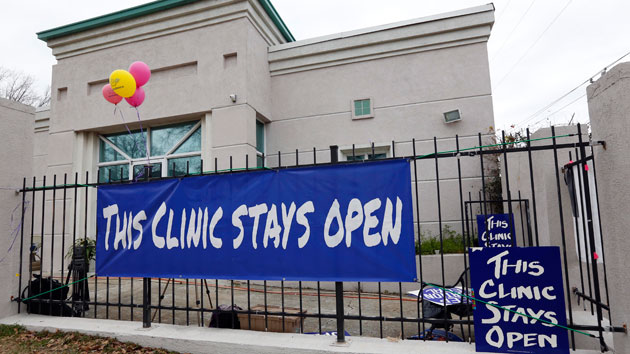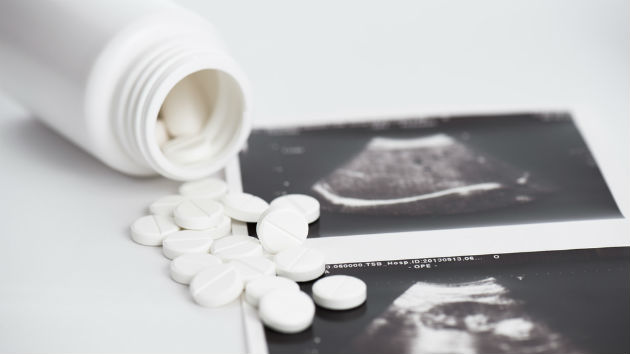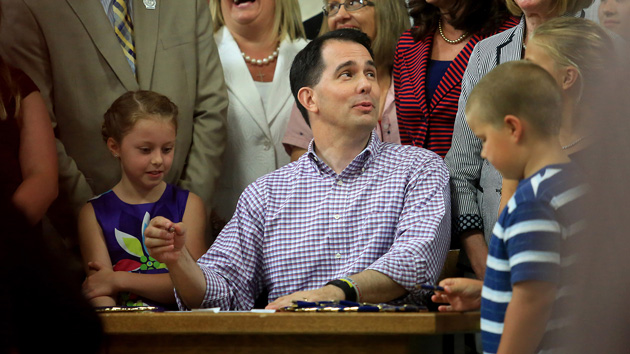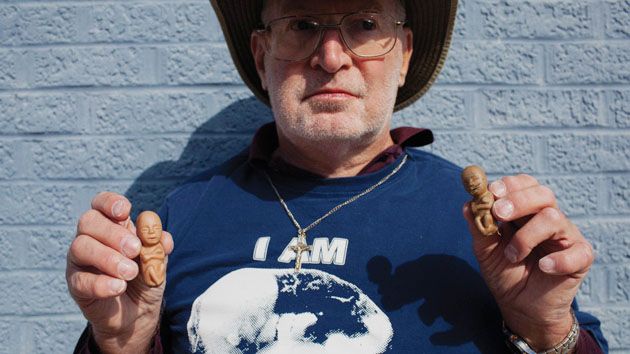
Jackson Women's Health in Mississippi, where similar restrictions have closed all but one clinic in the stateAP Photo/Rogelio V. Solis
Updated, 3/4/2016, 6:20 p.m. EST: The Supreme Court temporarily blocked the Louisiana law requiring abortion providers to have admitting privileges with local hospitals. The law will remain on hold while the state appeals the decision to a federal district court in Louisiana.
The US Court of Appeals for the 5th Circuit on Wednesday upheld a Texas-style law requiring all abortion providers in Louisiana to have admitting privileges with local hospitals.
The now-active law will shutter three of the four clinics left in Louisiana. This means that for many women, the closest option will be the clinic in Jackson, Mississippi, which is the only clinic remaining in Mississippi, where strict abortion regulations took the number of clinics from 14 in 1981 to just 1 in 2012.
The Louisiana law, which was signed by Gov. Bobby Jindal in 2014, requires physicians who perform abortions to have “active admitting privileges at a hospital that is located not further than thirty miles from the location at which the abortion in performed.” Texas’ omnibus anti-abortion law from 2013, which is getting a hearing in front of the Supreme Court next week, included a similar provision. And the 2013 admitting privileges law in Mississippi was responsible for closing all but one clinic in the state.
The Center for Reproductive Rights, along with Louisiana women’s health care providers, announced their intent to fight Wednesday’s court decision, which overturned a lower court ruling to block the law, by appealing to the Supreme Court.
“Today’s ruling thrusts Louisiana into a reproductive health care crisis, where women will face limited safe and legal options when they’ve made the decision to end a pregnancy,” said Nancy Northup, president and CEO of the Center for Reproductive Rights. “We will immediately seek emergency relief from the Supreme Court so these clinics are able to reopen and continue serving the women of Louisiana.”












